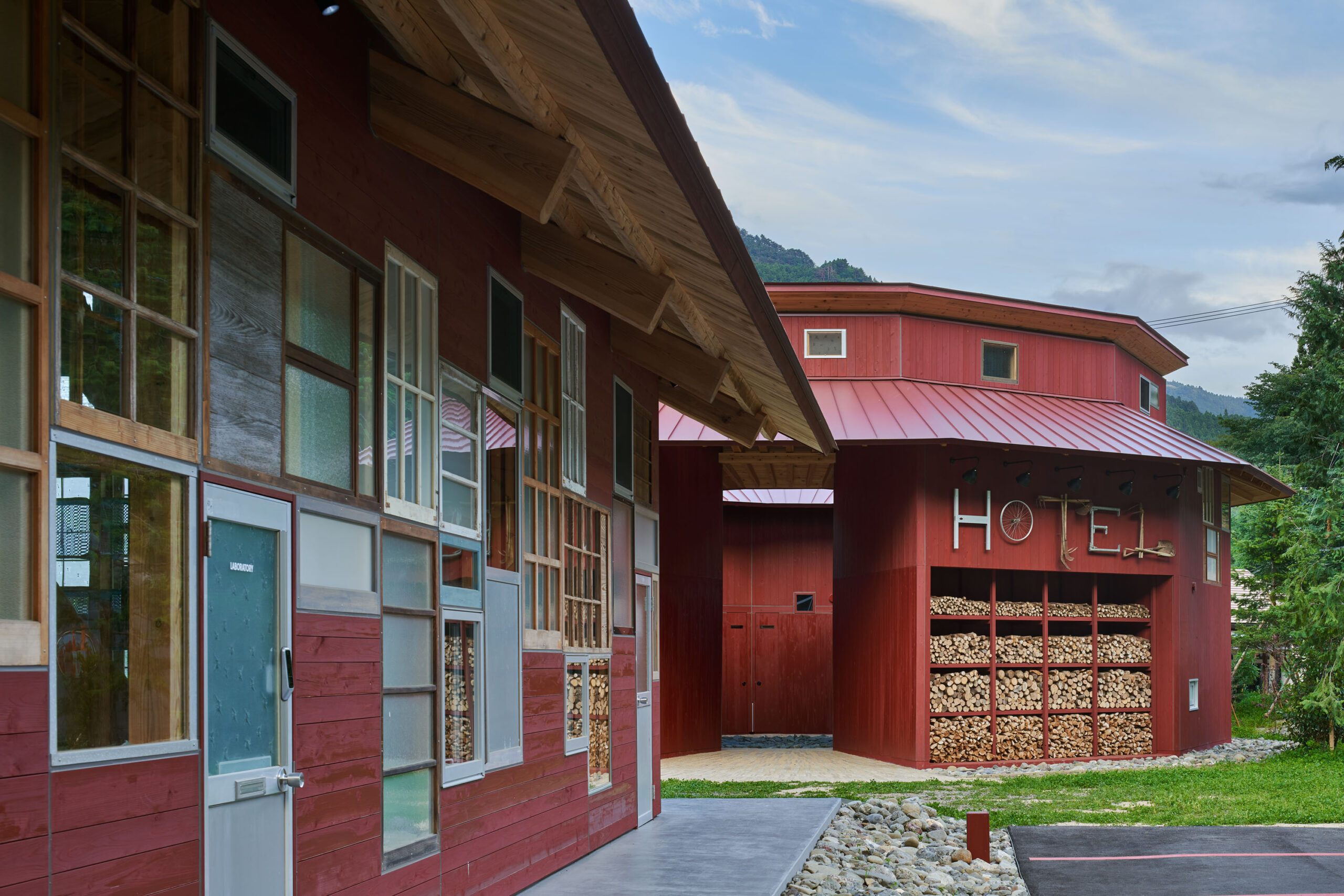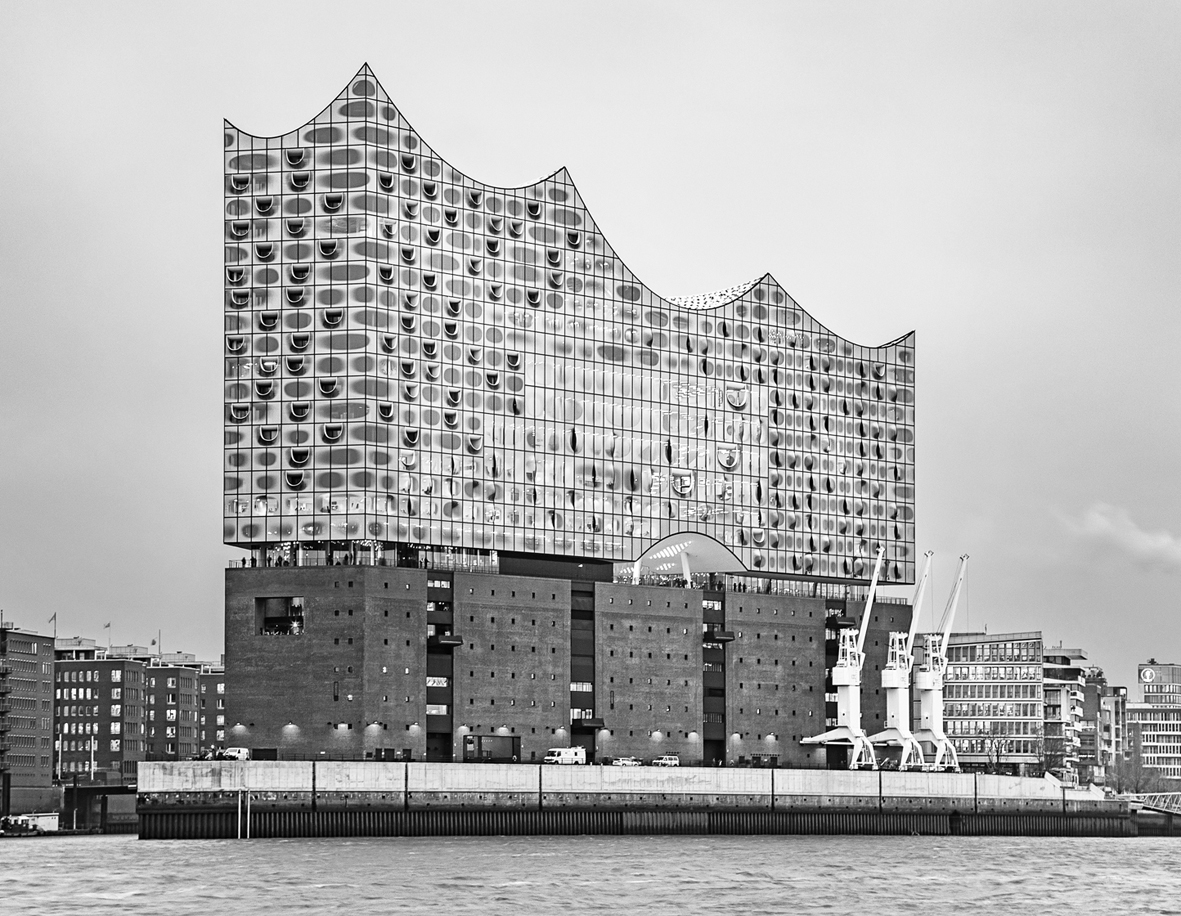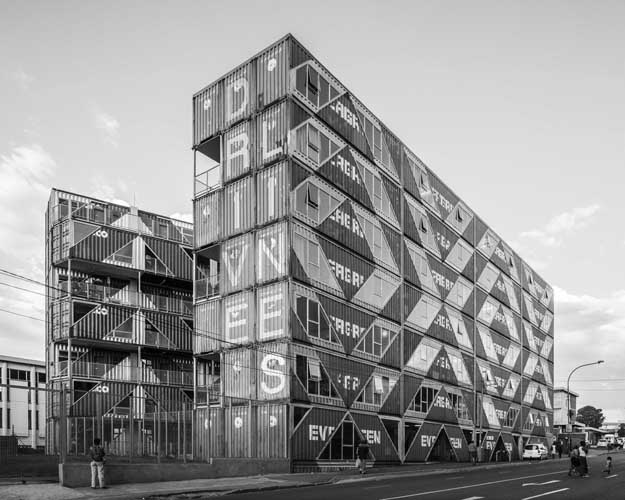WASTE COLLECTION AND RECYCLING CENTER
A contribution to local economy and a challenge to environmental sustainability
NAP - Hiroshi Nakamura, Masaki Hirakawa
In 2003, the small community of Kamikatsu has been the first one in Japan to issue a “Zero Waste Declaration and was selected as one of the “SDGs Future Cities” in 2018. Unlike most policies focused on the management of generated waste, the “Zero Waste” criterion tackles the issue upstream, dealing with the need for changes in production, logistics and consumption systems, to promote a society with no waste generation. This paradigmatic change was decisively pushed by the village’s urgent need to dismiss an incinerator, whose renewal cost exceeded the available budget. Hence, the residents’ community established autonomous management of organic waste at a single-residence scale to create compost out of it and the collection of all other waste at a public waste station. Nowadays, the waste recycling rate is above 80%. The waste treatment facility is also compounded by education, research and communication activities, aimed at recreating a sense of identity and belonging and contributing to regional development.










